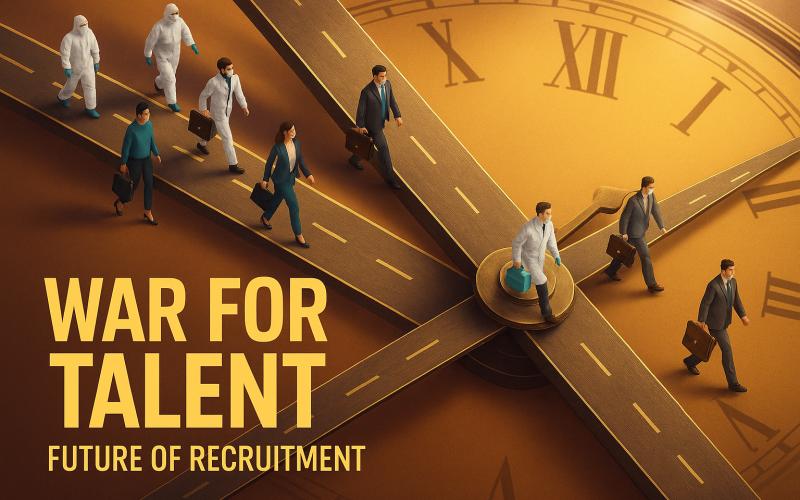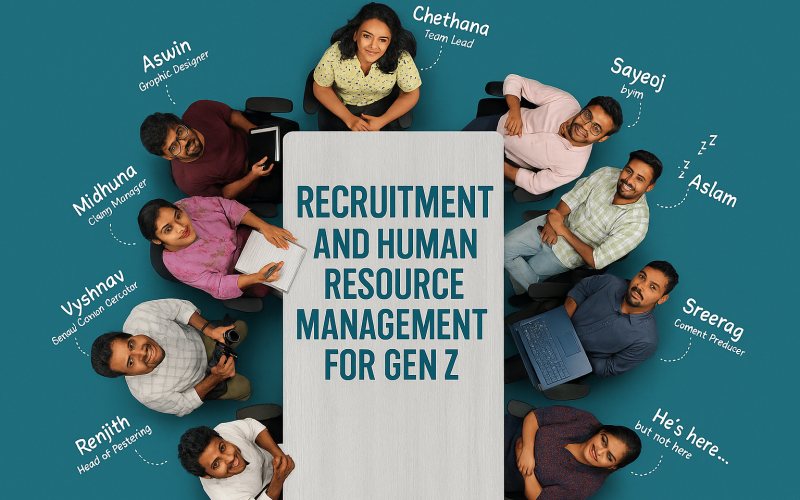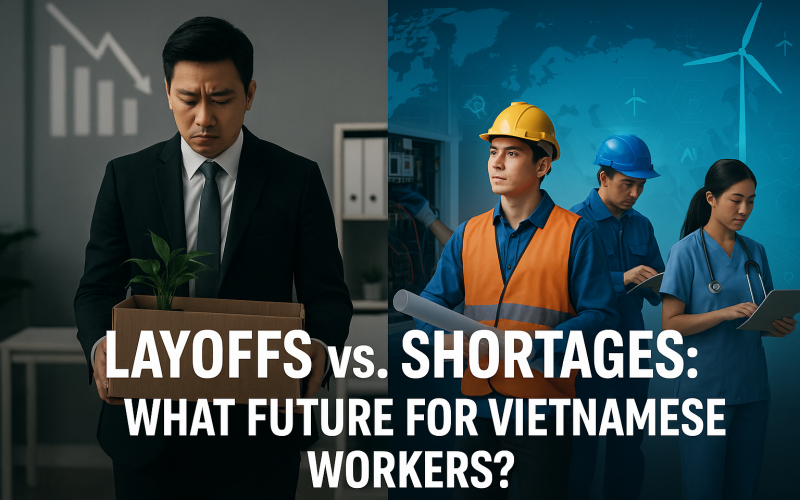What to Consider Before Changing Jobs
Changing jobs is a major career decision—one that can open new opportunities but also carry risks. Before handing in your resignation, you should carefully consider income, career development, workplace culture, contract obligations, and mental well-being. This article summarizes the most important factors to help you see clearly before stepping into a new chapter.
What to Consider Before Changing Jobs?
In Vietnam’s increasingly competitive labor market, “job-hopping” has become familiar, especially among younger generations like Gen Z and Millennials. However, HR experts warn that job transitions need to be carefully weighed to avoid unnecessary setbacks.
So, what should you consider before leaving your current job?
Job-Hopping Trends in Vietnam
According to the Navigos Group Labor Market Report (2024), 56% of young employees (under 30) said they are willing to change jobs within 6–12 months if they find a better opportunity. The main drivers are salary, career growth, and workplace environment.
Meanwhile, a survey by VietnamWorks revealed that 40% of employees regretted changing jobs, primarily because expectations did not match reality.
Key Factors to Consider Before Moving On
HR experts recommend evaluating five critical factors:
1. Define Long-Term Career Goals
A new job is only worthwhile if it brings you closer to your 5–10 year career vision. Navigos Group (2023) found that 32% of employees switched jobs solely for higher pay, only to realize later that the role didn’t align with their long-term goals. Ask yourself: “Will this job help me grow in the right direction?”
2. Compensation and Benefits
High salary is attractive but not sufficient. According to Mercer (2024), 65% of mid- and senior-level employees value benefits—such as healthcare, paid leave, training, and international opportunities—equally to salary. A comprehensive package is more sustainable than a “big paycheck” without foundation.
3. Workplace Culture
An unsuitable environment can quickly drain your energy. Anphabe’s Best Places to Work survey revealed that 64% of employees left due to cultural misfit, while only 36% cited salary. Leadership style, corporate values, and respect for employees are crucial aspects to assess before making a move.
4. Learning and Development Opportunities
The LinkedIn Workplace Learning Report 2024 showed that 76% of employees in Asia-Pacific prioritize learning opportunities when considering a new job. If the role doesn’t offer new skills, growth prospects, or challenges, the risk of wanting to leave again soon is high.
5. Timing and Professional Reputation
Frequent job-hopping can damage your CV. Harvard Business Review (2023) noted that candidates who switch jobs more than once a year are often seen as unstable. In Vietnam, many HR experts recommend staying at least 1.5–2 years to gain experience and build credibility before moving on.
Changing jobs is not inherently negative—it can even be a “springboard” for growth and transformation. But each step is only truly valuable if it’s calculated, aligned with your goals, and delivers meaningful experiences. Instead of chasing salary or titles alone, view job changes as an opportunity to find a place where you can learn, grow, and live in alignment with your values. That’s how your career path becomes not only sustainable but also meaningful.













